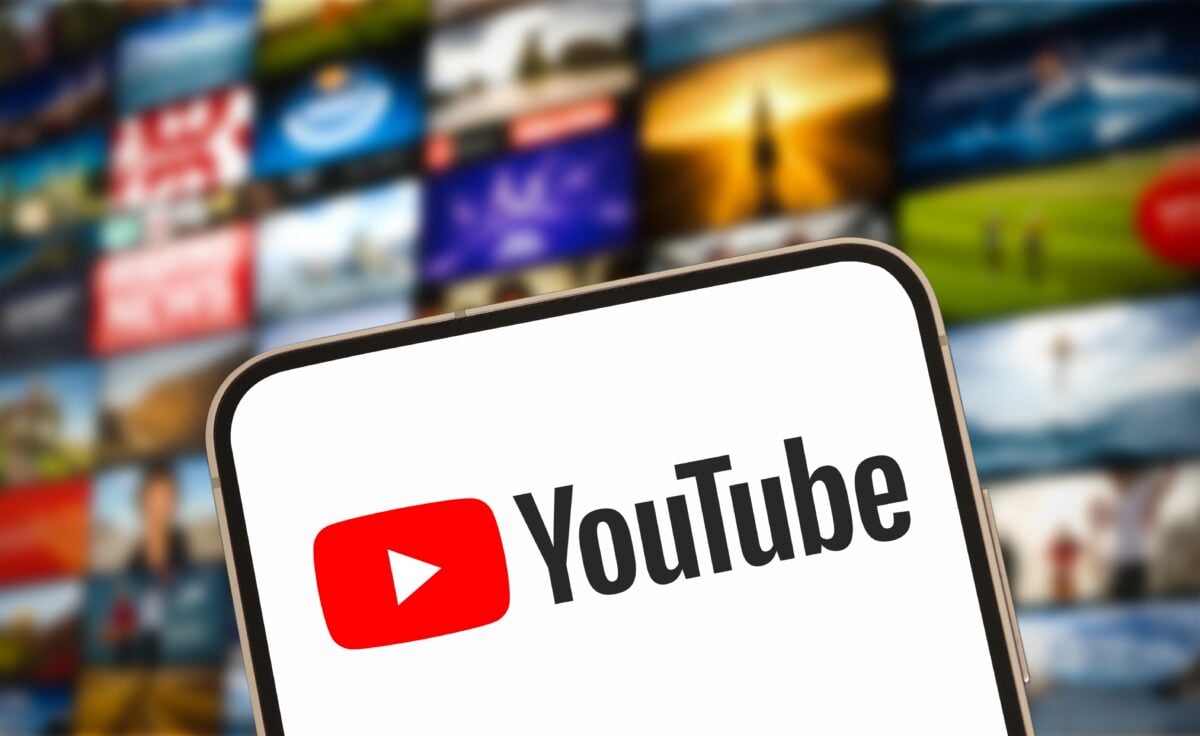TLDRs;
- YouTube launches AI music hosts through Labs to challenge Spotify’s popular AI DJ feature in the U.S. market.
- AI hosts provide real-time commentary, trivia, and artist insights, creating a radio-DJ-like experience for Premium subscribers.
- Industry analysts see YouTube’s move as part of Alphabet’s larger AI ambitions across its consumer products.
- Privacy concerns and questions of authenticity remain as AI-generated commentary enters mainstream streaming experiences.
Alphabet Inc.’s YouTube is escalating its competition with Spotify by rolling out experimental artificial intelligence features in its music app.
The company has introduced YouTube Labs on Friday, a new beta-testing program available to select U.S.-based users. Premium subscribers are being prioritized for access, signaling how central AI has become to YouTube’s subscription model.
The first feature under Labs is AI-generated “music hosts” that act like digital DJs. These AI hosts provide real-time commentary, trivia, and backstories about tracks and artists during playback. The concept mirrors Spotify’s widely praised AI DJ, launched in 2023, which curates playlists and offers personalized narration to listeners.
Enhancing Engagement Through AI Innovation
The new AI hosts go beyond simply playing songs. They interject with insights about artists, fun facts, and music history, making listening sessions feel more immersive. For fans who enjoy context, it can turn background music into a more engaging experience. However, feedback from early testers has been divided: some praise the depth, while others see it as an interruption to uninterrupted playlists.
YouTube’s strategy is clear, make Premium subscriptions more appealing by bundling music innovation with its ad-free video and music service, priced at about $14 a month. Analysts note that this plays into Google’s broader ambitions to showcase its machine learning expertise across products.
Currently limited to U.S. Premium users, YouTube plans to monitor adoption rates and user feedback closely before rolling the feature out globally. Success here could lead to future integrations with other experimental AI tools under Labs.
Competitive Dynamics with Spotify
Spotify, which boasts more than 200 million Premium subscribers worldwide, remains the dominant player in music streaming. Its AI DJ has become a favorite for users who want a personalized listening journey, blending algorithms with human-like commentary.
YouTube’s entry into this space is viewed as a direct counter to Spotify’s lead in AI adoption. While Spotify’s AI DJ is limited to Premium users, YouTube’s Labs framework could eventually broaden access, giving it flexibility in positioning against rivals.
Industry observers suggest that the real battleground is no longer just recommendation algorithms, but how streaming apps create immersive, story-driven experiences that foster stronger user loyalty. Social media reactions have highlighted excitement about YouTube’s move, though concerns persist over AI’s growing role in shaping music experiences.
Privacy and Authenticity Concerns
While the innovation promises to reshape user experiences, it also raises questions about privacy and authenticity. The AI hosts rely on vast datasets, potentially including user listening behavior, to deliver context. Privacy advocates warn that this could blur boundaries between personal data usage and creative AI generation.
Critics also point to a deeper issue: the authenticity of AI-generated commentary. As artificial intelligence begins to shape the narrative around music, some fear it may reduce appreciation for human curation and storytelling.
Still, YouTube emphasizes that Labs is experimental, with features subject to change based on user response. This iterative approach mirrors Spotify’s strategy in refining its AI DJ after launch.
Future Implications for Streaming Wars
Looking ahead, analysts believe YouTube’s AI-driven Labs program could expand into areas like generative playlists, voice-based controls, and tighter integration with Google’s Gemini AI ecosystem. These tools could further narrow Spotify’s advantage and shift industry expectations about what a streaming service should deliver.
However, Spotify’s early lead gives it a strong footing. Its AI DJ already has brand recognition and user loyalty, which YouTube must work hard to disrupt. The competition is set to intensify as Apple Music and Amazon Music also experiment with AI enhancements.
Ultimately, YouTube’s gamble on AI-generated music hosts signals a new phase of the streaming wars—one where the blend of technology, personalization, and storytelling will define how platforms compete for listener attention.







